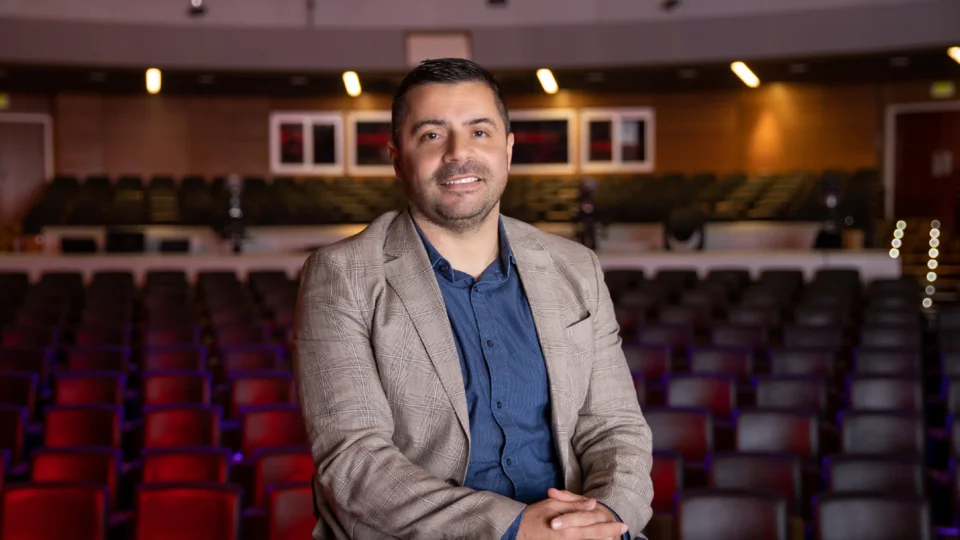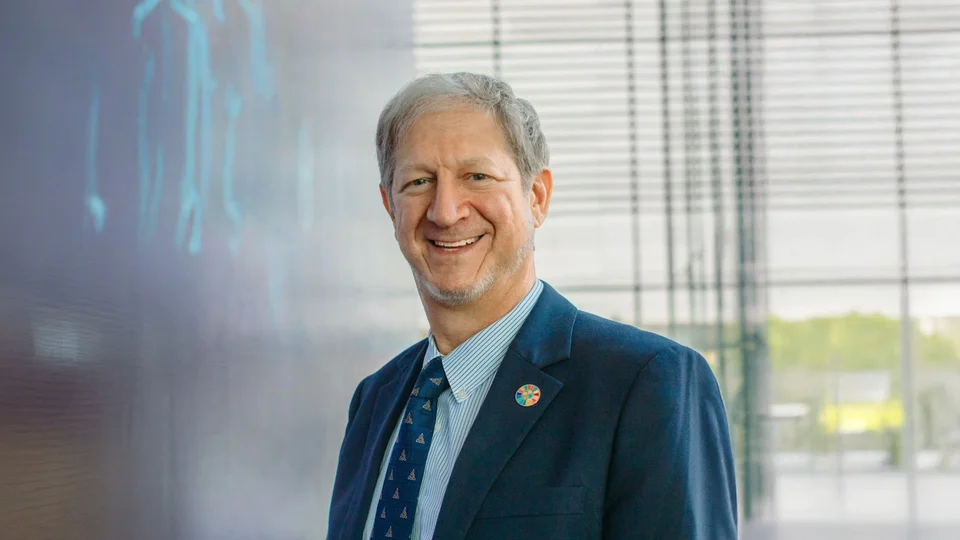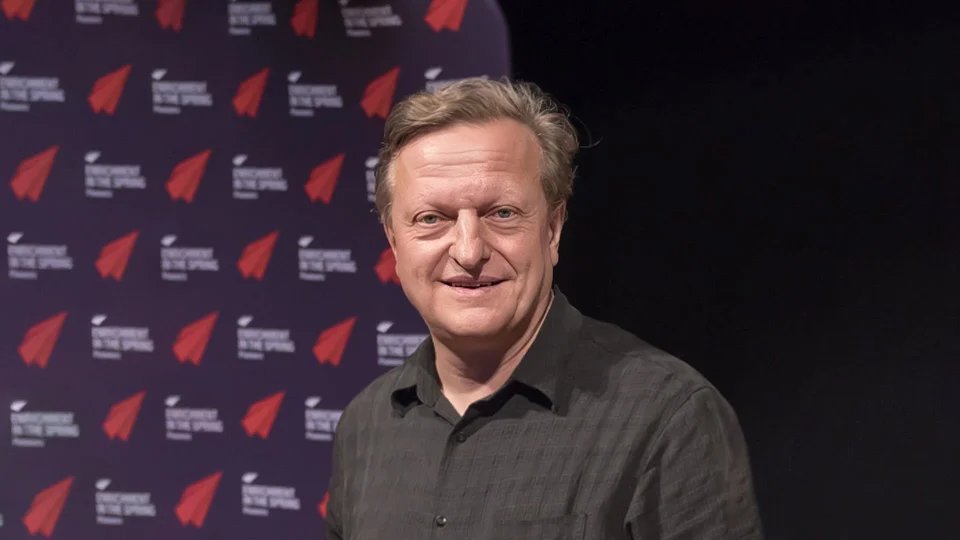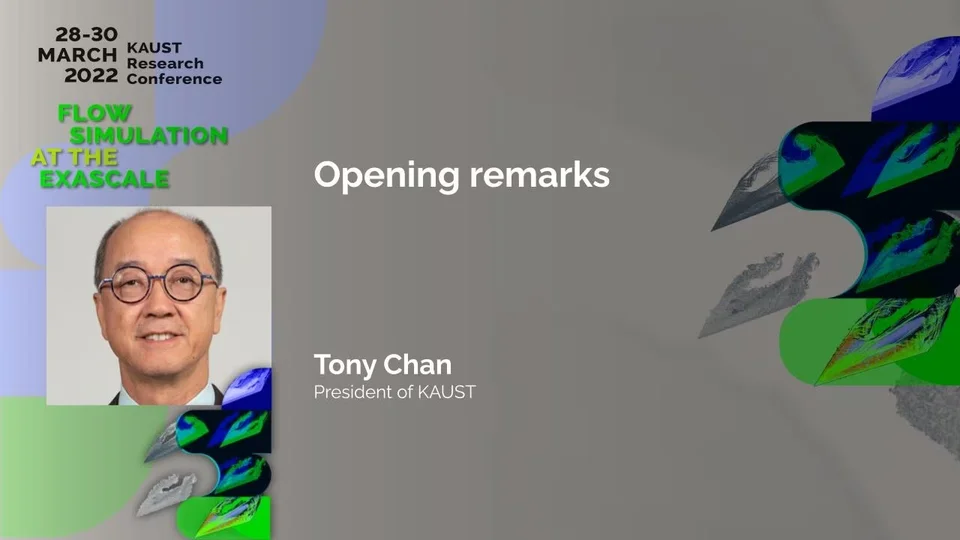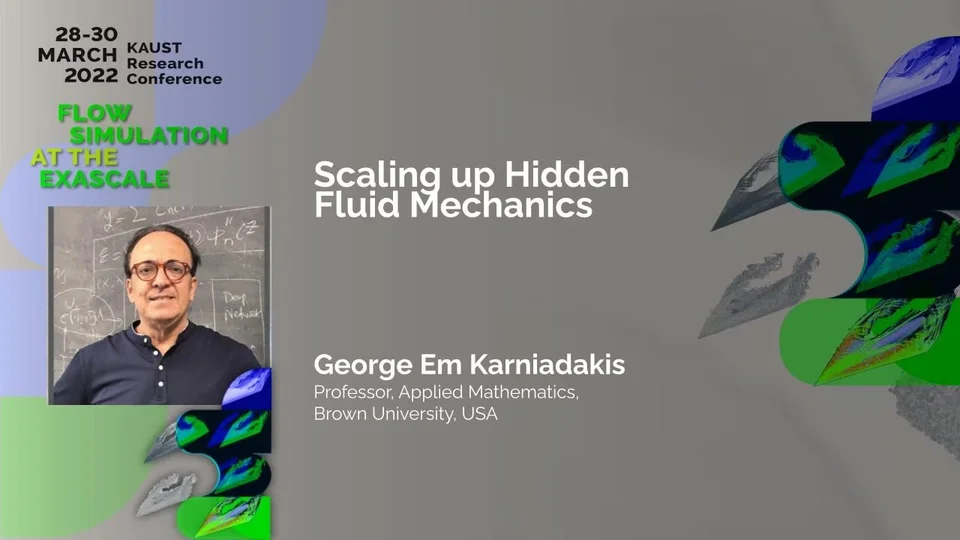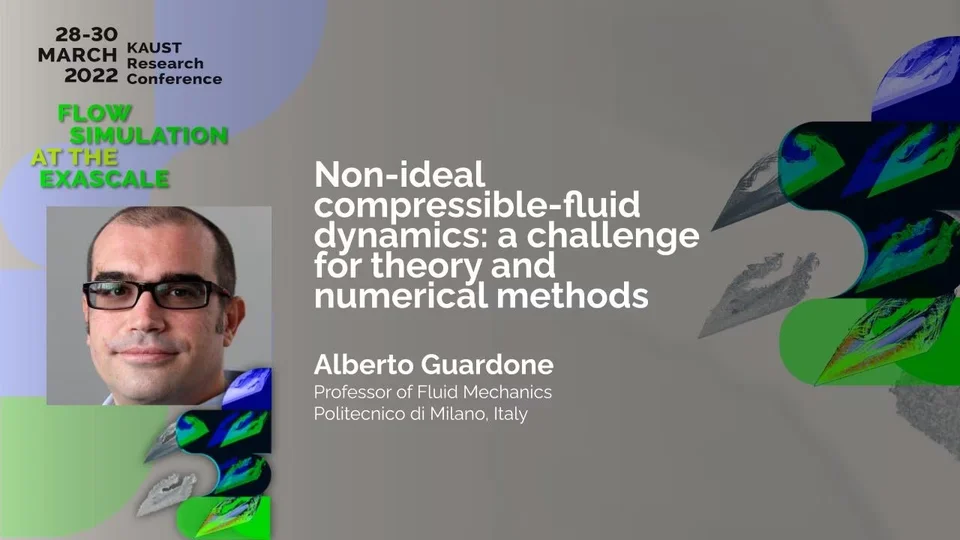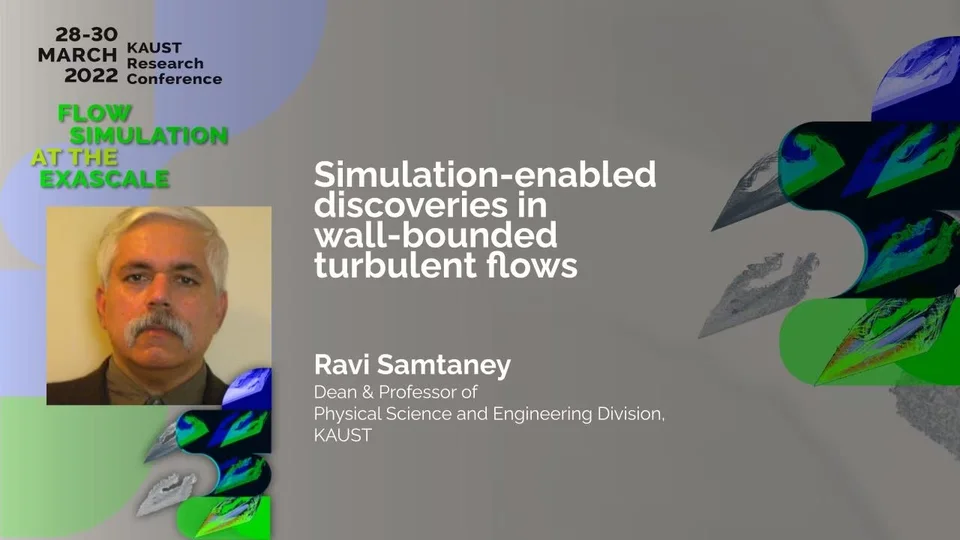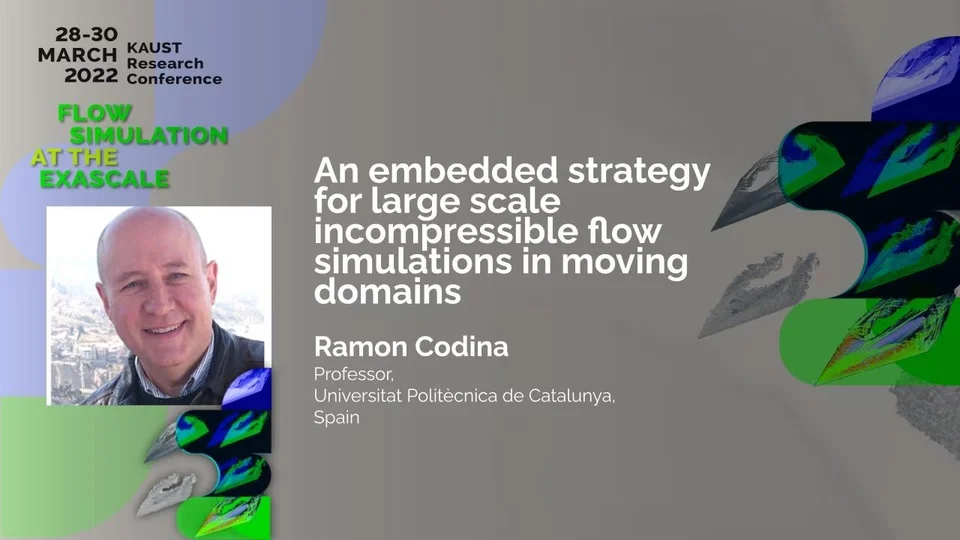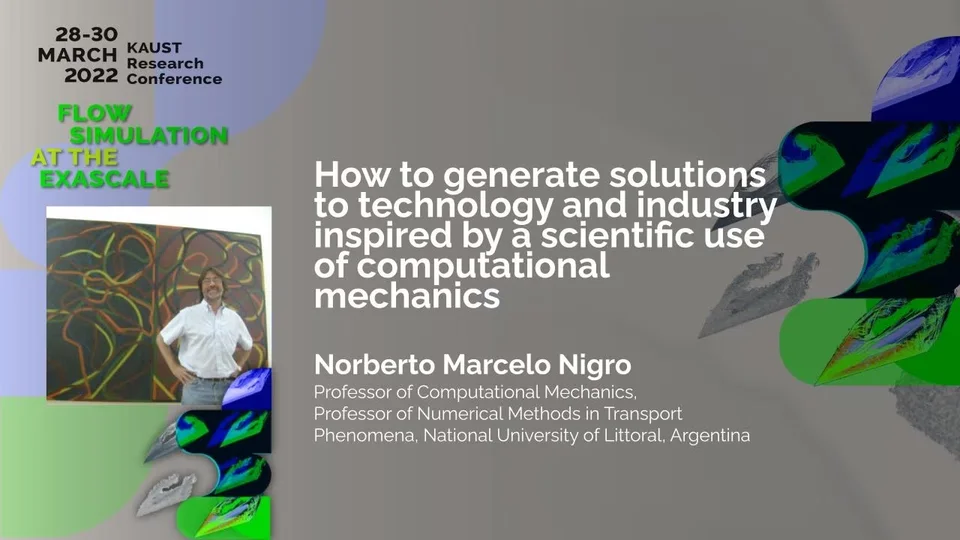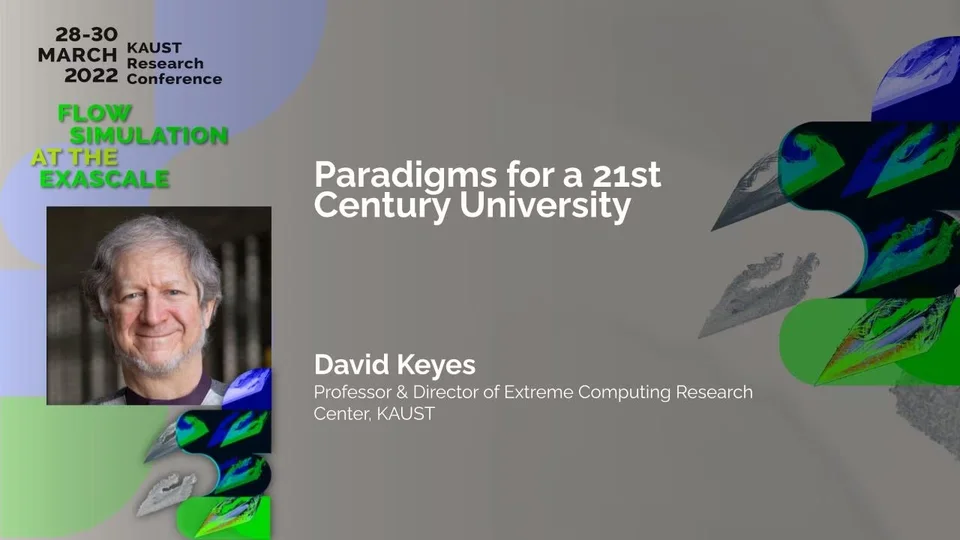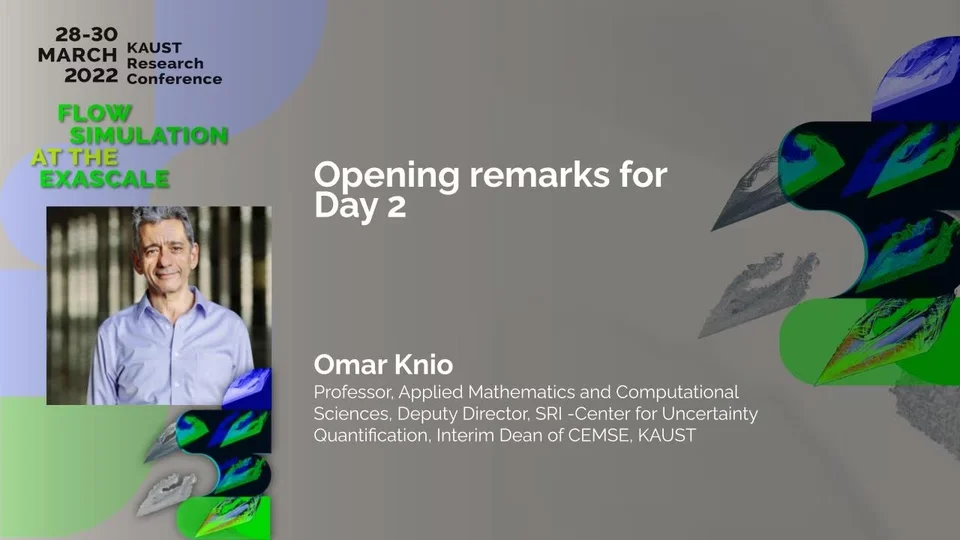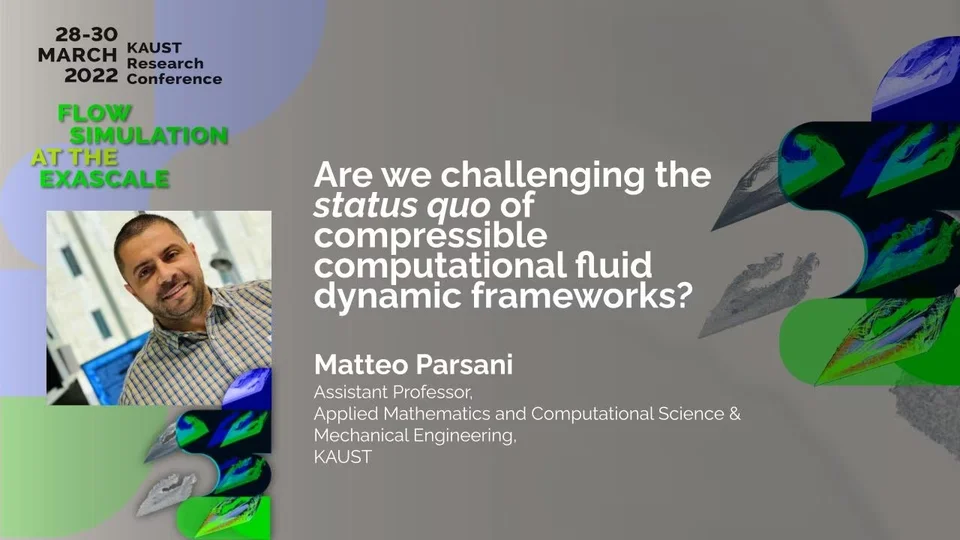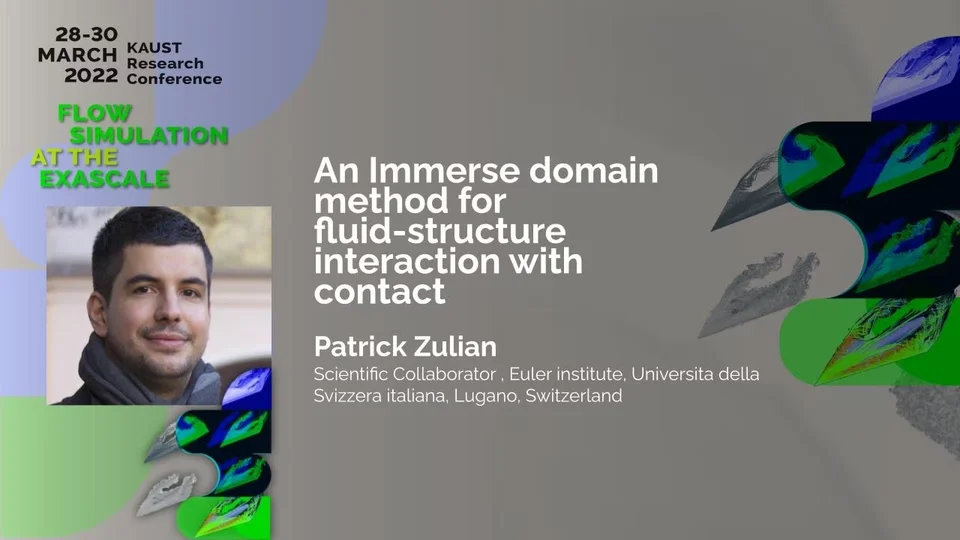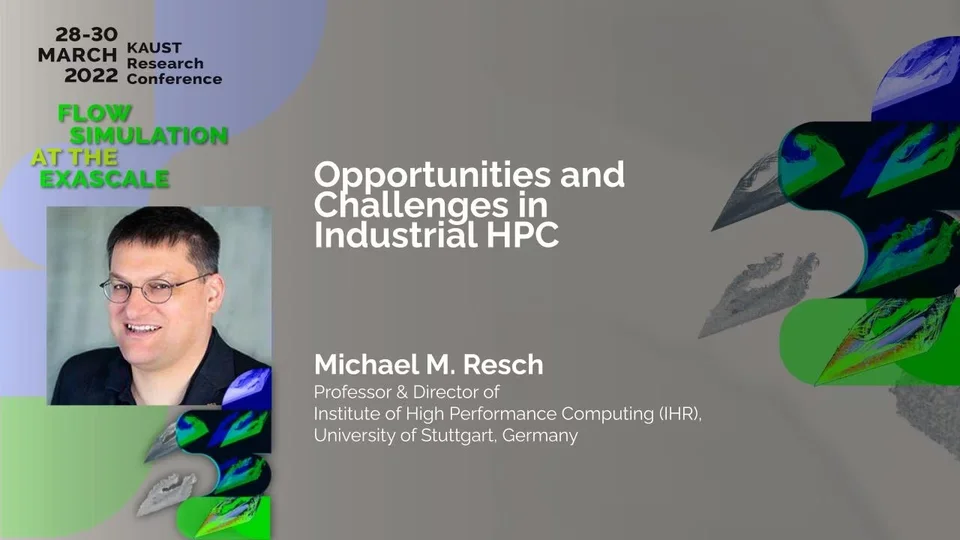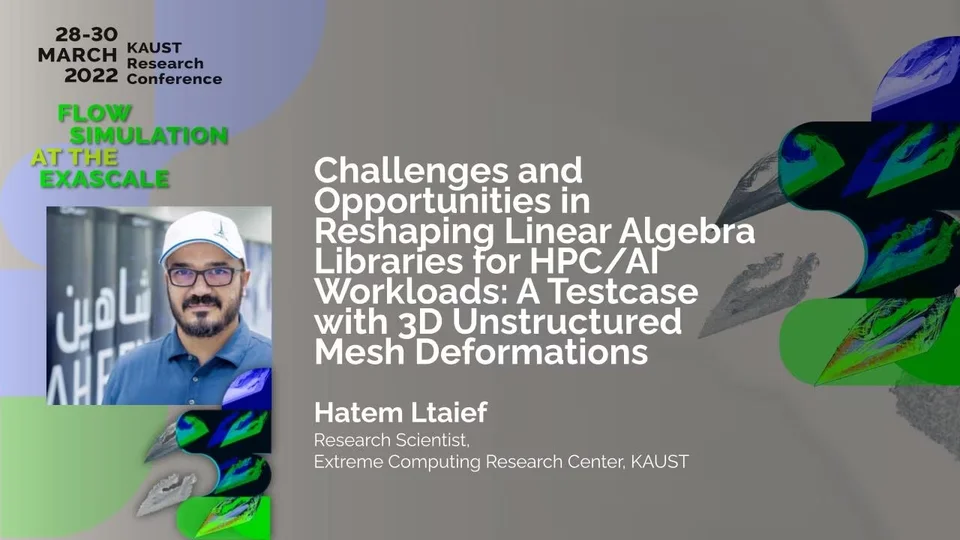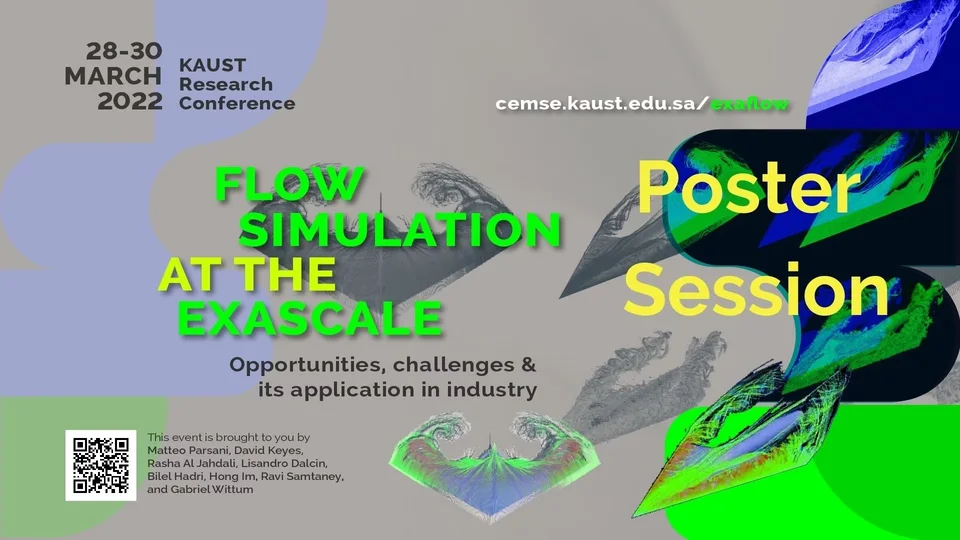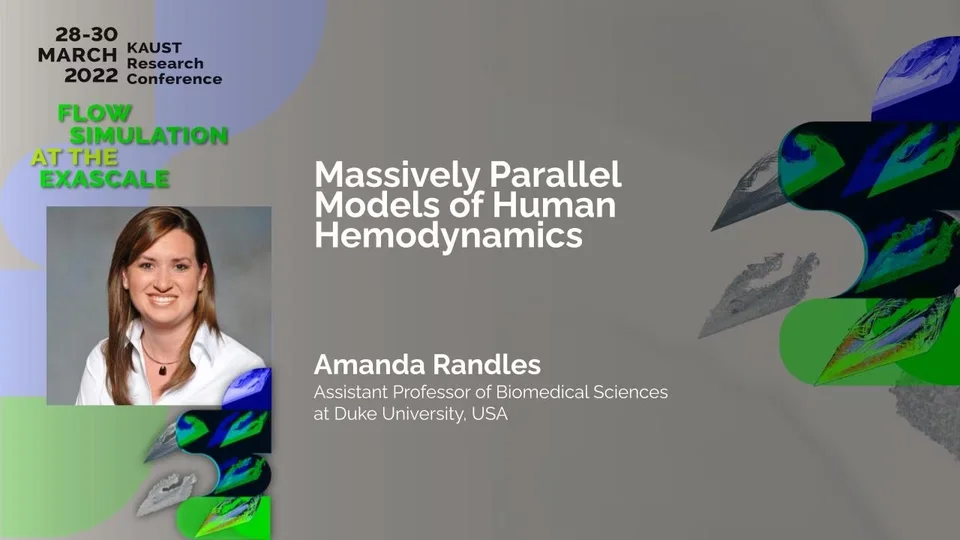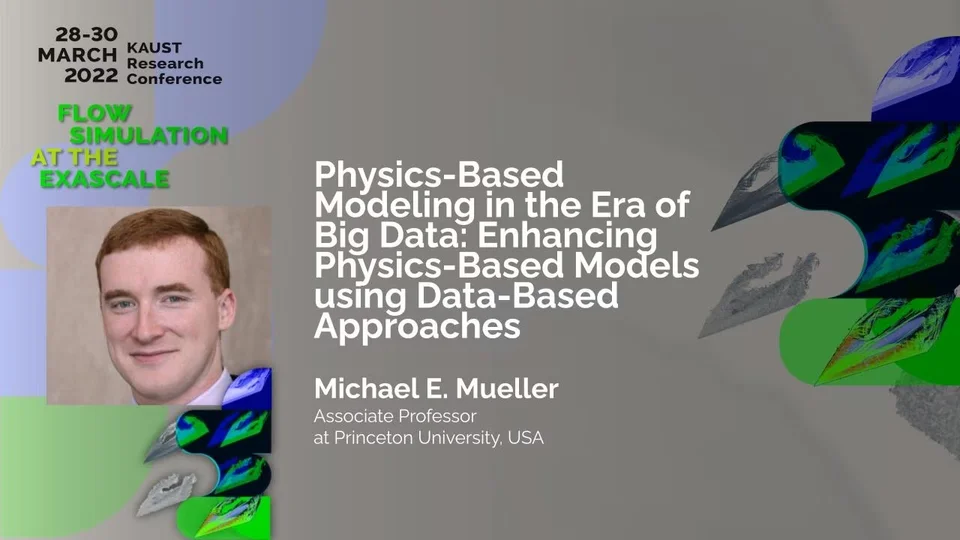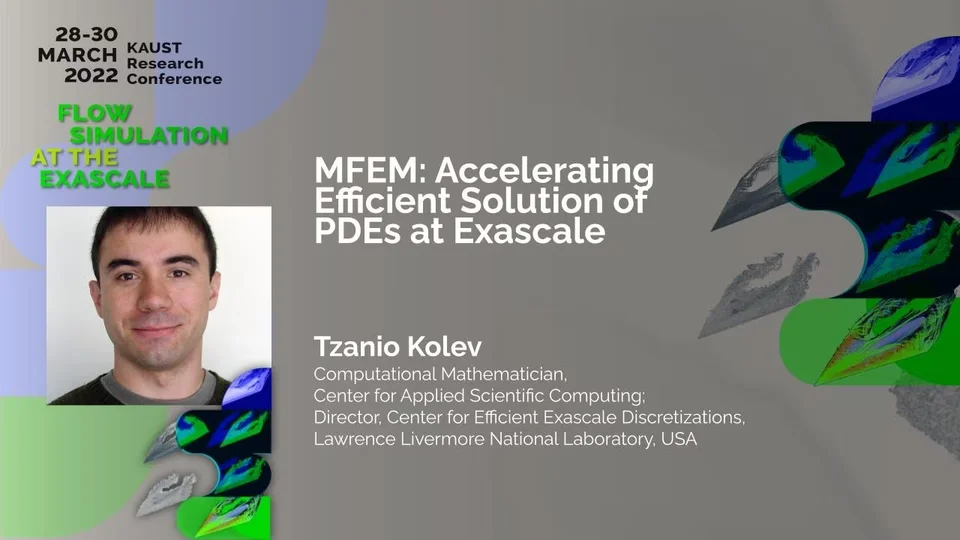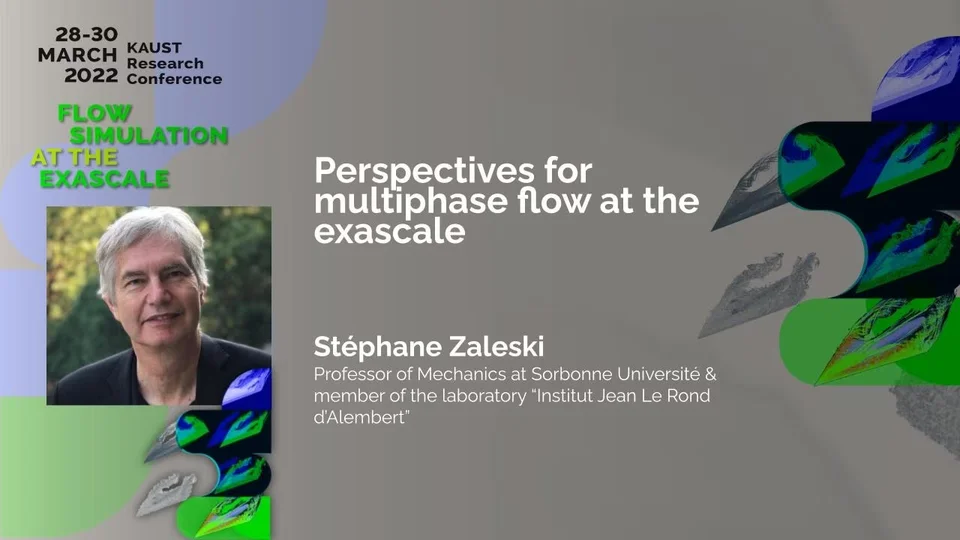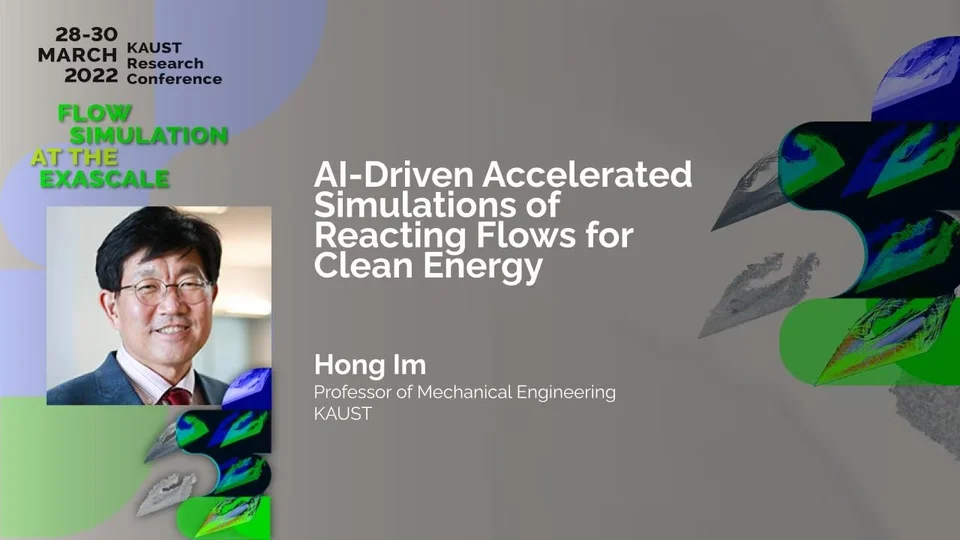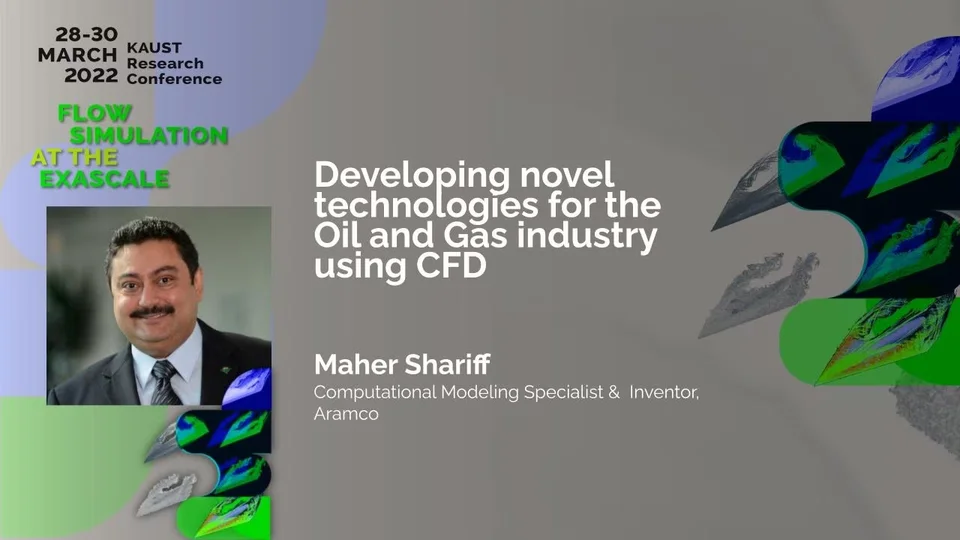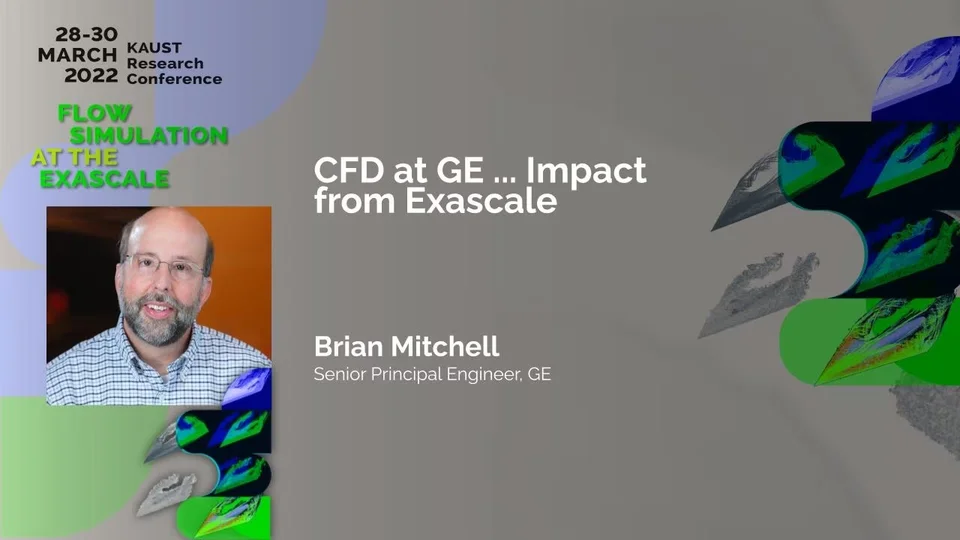
Flow Simulation at the Exascale
Opportunities, challenges and its application in the industry
Monday, March 28 - Wednesday, March 30, 2022
The conference aims to bring together experts in flow simulation, computational mathematics, and high-performance computing. The goal is to define a research agenda and path forward that will enable scientists and engineers to continually leverage, engage, and direct advances in computational systems on the path to exascale computing and beyond. The conference will give space for presentations and discussions of computational fluid dynamics.
Organizing Committee
Speakers
-
-
Scaling up Hidden Fluid Mechanics
George Em Karniadakis, Professor, Applied Mathematics, Brown University, USA
-KAUST Library
-
Non-ideal compressible-fluid dynamics: a challenge for theory and numerical methods
Alberto Guardone, Professor of Fluid Mechanics, Politecnico di Milano, Italy
-KAUST Library
-
Industry-relevant implicit LES via spectral/hp element methods
Gianmarco Mengaldo, Assistant Professor of Fluid Mechanics, Department of Mechanical Engineering, National University of Singapore
-KAUST Library
-
-
Simulation-enabled discoveries in wall-bounded turbulent flows
-KAUST Library
-
An embedded strategy for large scale incompressible flow simulations in moving domains
Ramon Codina Professor, Universitat Politècnica de Catalunya, Spain
-KAUST Library
-
How to generate solutions to technology and industry inspired by a scientific use of computational mechanics
Norberto Marcelo Nigro, Professor of Computational Mechanics, Professor of Numerical Methods in Transport Phenomena, National University of Littoral, Argentina
-KAUST Library
-
-
-
-
An Immerse domain method for fluid-structure interaction with contact
Patrick Zulian, Scientific Collaborator, Euler institute, Università della Svizzera italiana, Lugano, Switzerland
-KAUST Library
-
Opportunities and Challenges in Industrial HPC
Michael M. Resch, Professor, Institute of High Performance Computing (IHR), University of Stuttgart, Germany
-KAUST Library
-
-
Poster Session - Flow Simulation at the Exascale
-KAUST Library
-
Massively Parallel Models of Human Hemodynamics
Amanda Randles, Assistant Professor of Biomedical Sciences, Duke University, USA
-KAUST Library
-
Physics-Based Modeling in the Era of Big Data: Enhancing Physics-Based Models using Data-Based Approaches
Michael E. Mueller, Associate Professor, Princeton University, USA
-KAUST Library
-
Powering HPC Discoveries through New Developments in the Exascale Computing Project
Dr. Lori Diachin, Principal Deputy Associate Director, Computing Directorate, Lawrence Livermore National Laboratory, Exascale Computing Project
-KAUST Library
-
Computational Investigation of the Effects of Chemistry on Mars Retropropulsion Environments
Eric Nielsen, Senior Research Scientist, Computational AeroSciences Branch, NASA Langley Research Center, USA
-KAUST Library
-
MFEM: Accelerating Efficient Solution of PDEs at Exascale
Tzanio Kolev, Center for Applied Scientific Computing, Director of the Center for Efficient Exascale Discretizations, Lawrence Livermore National Laboratory, USA
-KAUST Library
-
Aerospace Industry Applications of CFD: Present and Outlook
Andrew Cary, Boeing Technical Fellow in CFD, Boeing
-KAUST Library
-
Perspectives for multiphase flow at the exascale
Stéphane Zaleski, Professor of Mechanics, Sorbonne Université, member of the laboratory “Institut Jean Le Rond d’Alembert”
-KAUST Library
-
AI-Driven Accelerated Simulations of Reacting Flows for Clean Energy
Hong Im, Professor of Mechanical Engineering
-KAUST Library
-
Developing novel technologies for the Oil and Gas industry using CFD
Maher Shariff, Computational Modeling Specialist, Inventor, Aramco
-KAUST Library
-
CFD at GE ... Impact from Exascale
Brian Mitchell, Senior Principal Engineer, GE
-KAUST Library
The conference aims to bring together experts in flow simulation, computational mathematics, and high-performance computing. The goal is to define a research agenda and path forward that will enable scientists and engineers to continually leverage, engage, and direct advances in computational systems on the path to exascale computing and beyond.
